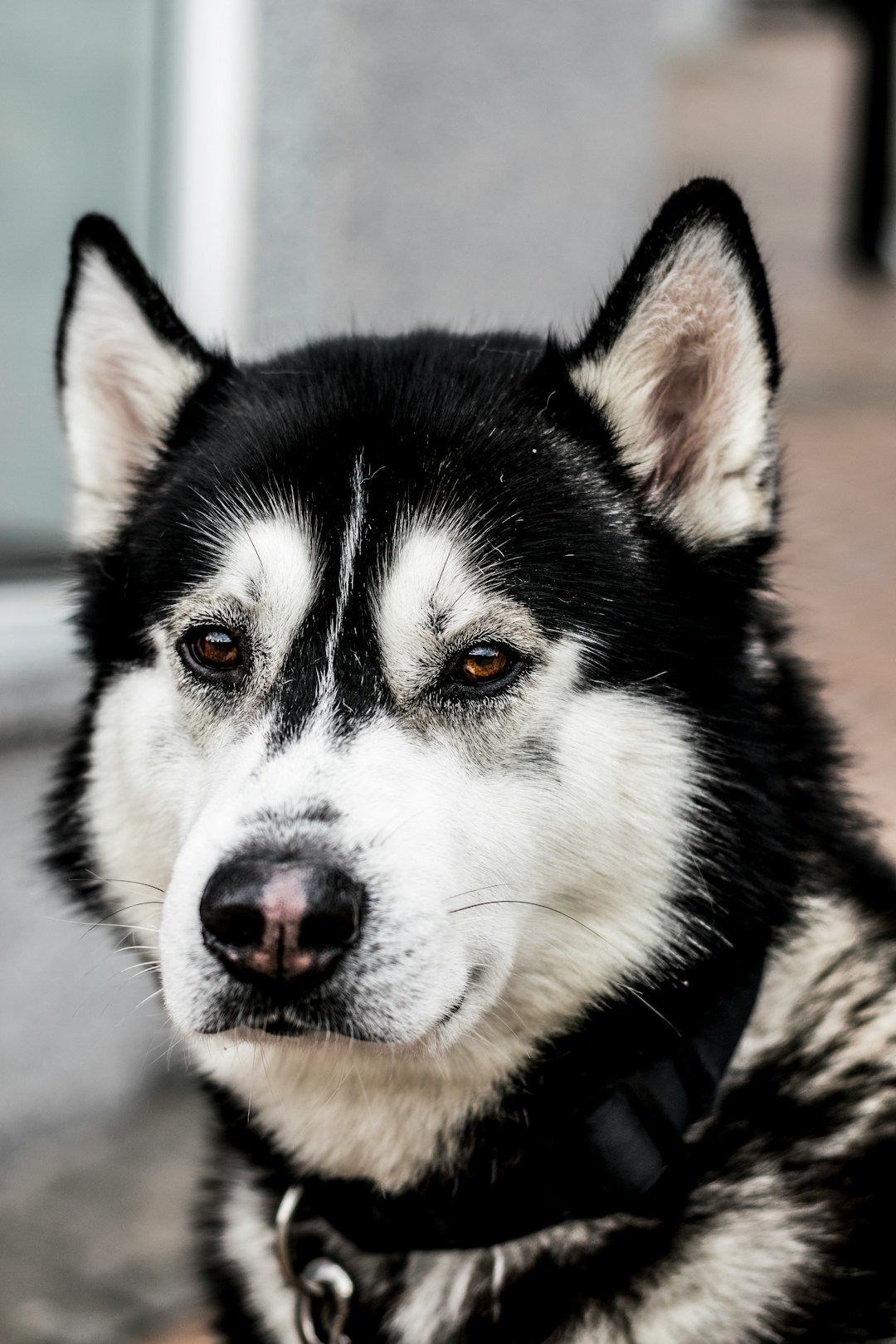“Exploring the ancient bond between humans and their loyal companions.”
The Evolution of Wolves into Dogs: A Genetic Journey
Have you ever wondered how our beloved furry friends, dogs, came to be our loyal companions? The journey from wild wolves to domesticated dogs is a fascinating tale of evolution and genetic adaptation. Let’s delve into the history of dog domestication and explore how these majestic creatures transformed into the loving pets we know today.
It all began thousands of years ago when humans first encountered wolves in the wild. Wolves were fierce predators, hunting in packs and surviving in harsh environments. However, some wolves began to show a different side to their nature. These wolves were less aggressive and more tolerant of human presence. Over time, humans began to form a bond with these friendly wolves, leading to the first steps of domestication.
Genetic studies have shown that dogs are descendants of ancient wolves, with a common ancestor dating back tens of thousands of years. Through selective breeding and natural selection, humans were able to shape the genetic makeup of these wolves, creating the diverse breeds of dogs we see today. This genetic journey from wolves to dogs is a testament to the power of human-animal relationships and the impact of domestication on the evolution of species.
As humans began to domesticate wolves, they selected for traits that were beneficial for their needs. Some wolves were bred for hunting, while others were bred for herding or guarding. This selective breeding led to the development of specific dog breeds with distinct characteristics and abilities. From the speedy Greyhound to the loyal Labrador Retriever, each breed has been shaped by centuries of genetic manipulation and breeding practices.
One of the key factors in the domestication of dogs was their ability to form social bonds with humans. Wolves are pack animals, relying on cooperation and communication to survive in the wild. This social behavior was a crucial trait that allowed wolves to integrate into human societies and eventually become our faithful companions. Dogs have a unique ability to understand human emotions and respond to our cues, making them invaluable partners in our daily lives.
The genetic journey from wolves to dogs is a complex and intricate process that continues to shape the evolution of these remarkable animals. Through the study of ancient DNA and archaeological evidence, scientists have been able to trace the origins of dog domestication and unravel the genetic changes that have occurred over thousands of years. This research has provided valuable insights into the history of human-animal relationships and the impact of domestication on the genetic diversity of dogs.
Today, dogs are more than just pets – they are members of our families, providing companionship, love, and support in our daily lives. The bond between humans and dogs is a testament to the power of domestication and the enduring legacy of our shared history. As we continue to learn more about the genetic journey from wolves to dogs, we gain a deeper appreciation for the unique relationship between humans and our canine companions. So the next time you look into the eyes of your furry friend, remember the incredible journey that brought them from wild wolves to beloved companions.
Read the book”From Wolves to Companions: A Fascinating History of Dog Domestication” highlights the complex and evolving relationship between humans and dogs throughout history. It explores the origins of dog domestication, the roles dogs have played in human society, and the impact of selective breeding on the development of different dog breeds. The book provides a comprehensive look at the history of dog domestication and sheds light on the enduring bond between humans and their canine companions.
